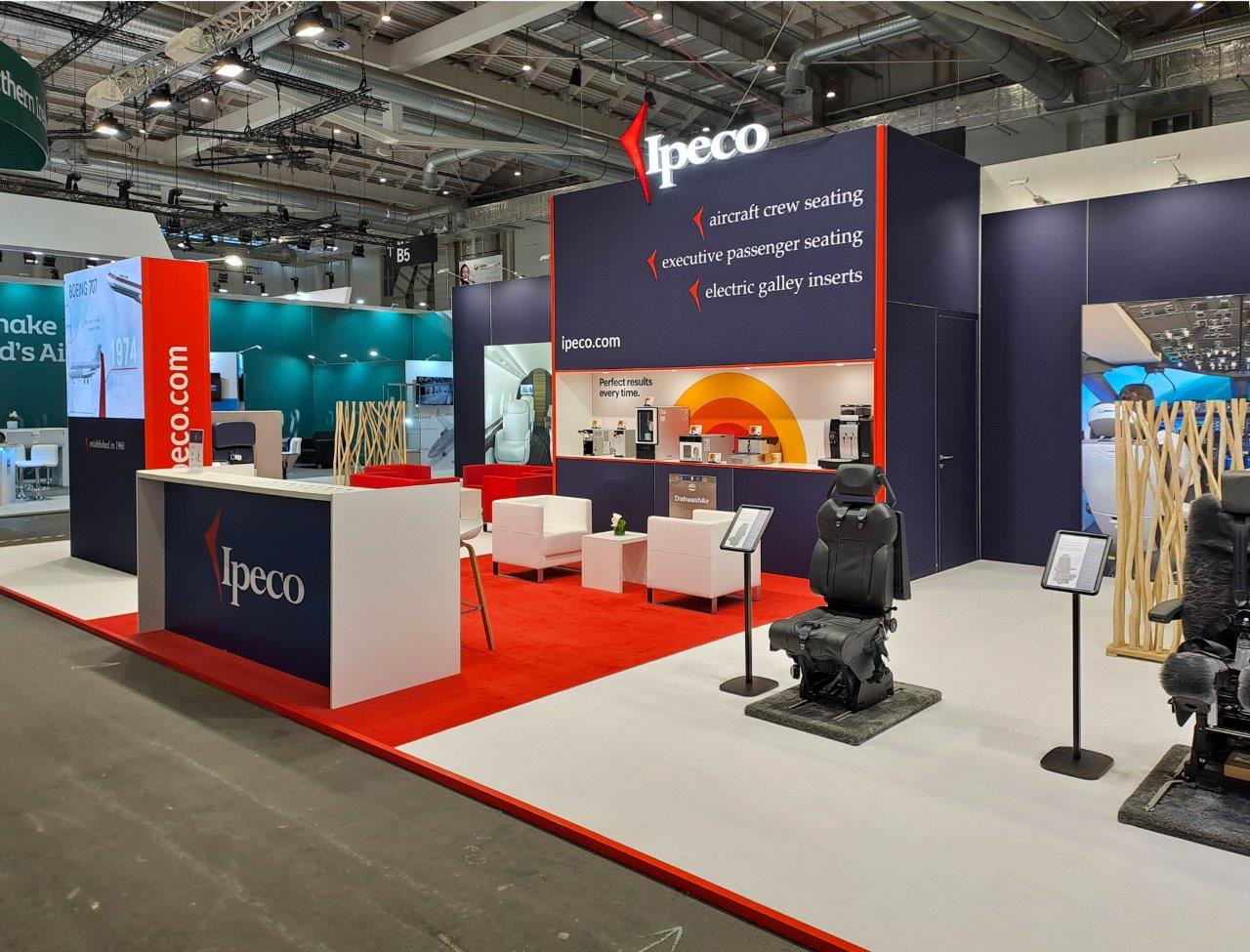
Essen, located in the heart of Germany’s Ruhr region, has grown into a major hub for trade shows, conventions, and industrial fairs. Renowned for hosting internationally acclaimed events like E-world energy & water, Schweißen & Schneiden, and Security Essen, the city offers a dynamic platform for businesses to present their latest innovations. However, to make a lasting impact at these events, proper planning and knowledge about exhibition setup is essential—especially when it comes to exhibition stand construction in Essen, which is subject to a variety of logistical, technical, and legal considerations.
Venue Regulations and Planning
Setting up a successful exhibition stand begins with understanding the venue regulations. Messe Essen, the city’s main exhibition venue, features state-of-the-art infrastructure and spans 110,000 square meters across multiple halls. Each hall may have specific regulations regarding booth height, material use, power supply, and fire safety. Exhibitors must ensure that their booth designs comply with these rules to avoid delays or extra costs. This is where early coordination with event organizers and technical teams becomes vital. Companies focusing on exhibition stand construction in Essen are often well-versed in these localized requirements, making them a valuable asset when preparing for large-scale shows.
Choosing the Right Stand Type
Another important consideration is the type of stand. Exhibitors generally choose between modular, custom-built, or portable stands depending on their goals and budget. Modular stands are pre-designed and easily assembled, making them cost-effective and quick to set up. Custom-built stands, on the other hand, offer unique designs tailored to the exhibitor’s branding, ideal for companies looking to make a strong visual impact. Portable stands work well for smaller booths or limited exhibition durations. Deciding on the right stand type should align with the exhibitor’s strategy, target audience, and nature of the product or service being showcased.
Logistics and Timely Setup
Logistics is another critical factor in exhibition stand setup. Transportation, unloading, and on-site assembly must be planned in advance, especially considering the high traffic during large events. Messe Essen provides detailed logistics guides for exhibitors, including schedules for set-up and dismantling, vehicle access permits, and storage options. Timing is everything—late deliveries or missed installation windows can cause significant setbacks.
Technical Services and Integration
Technical services such as electricity, water connections, internet, and lighting also play a central role in the setup process. These services are typically ordered through the venue’s official service providers. It’s important to request these well in advance to ensure that the stand is fully functional by the time the exhibition opens. Many exhibitors also incorporate digital elements such as LED screens, touchscreens, or virtual reality zones, which require careful integration into the booth design.
Sustainability in Stand Design
Environmental responsibility is becoming an increasing focus for exhibitions held in Germany, and Essen is no exception. Sustainable stand construction practices, such as using recyclable materials or modular components, are highly encouraged. Additionally, waste disposal rules are strict, and all construction materials must be properly managed after the event. Exhibitors should be prepared to follow green exhibition policies, both to comply with regulations and to appeal to environmentally conscious audiences.
Understanding Attendee Expectations
Cultural awareness and visitor expectations also play a role in stand success. German attendees value professionalism, clarity, and quality over gimmicks. Booth staff should be well-trained, multi-lingual if possible, and knowledgeable about the products being presented. Printed materials should be available in both English and German, and product demonstrations should be clear and concise. Essen’s central location attracts international visitors, so catering to a global audience can increase engagement and lead generation.
Security and Insurance
Security and insurance are other key factors. Exhibitors must often provide proof of liability insurance and may need to invest in additional coverage for high-value equipment. Messe Essen typically offers 24/7 on-site security, but exhibitors should still take precautions such as locking display cases and using tracking for electronic items. Having a contingency plan in case of delays or damages can save time and reduce stress.
Accessibility and Accommodation
When planning your participation, consider Essen’s accessibility and accommodations. The city is well-connected via train, road, and air. Düsseldorf International Airport is just 30 minutes away by car or train, making it convenient for international participants. Hotels ranging from budget to luxury are available within close proximity to the Messe center, but early booking is advised, especially during peak event seasons.
Conclusion
In conclusion, setting up an exhibition stand in Essen is a multi-step process that demands thorough planning, knowledge of local regulations, and attention to detail. From choosing the right stand design to managing logistics and technical needs, each element plays a role in ensuring success at the fair. Partnering with a reliable Exhibition Stand Builder in Germany who understands regional nuances and compliance requirements can simplify the entire process. They can provide not just construction support, but also insights into trends, visitor behavior, and the best ways to present your brand to a European audience. Ultimately, a well-executed exhibition stand in Essen not only enhances visibility but also drives meaningful business connections and long-term value.